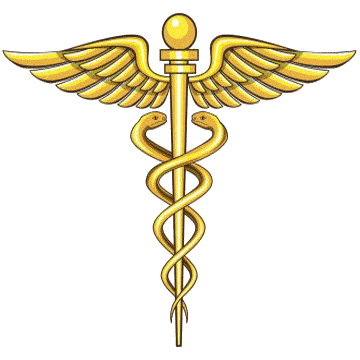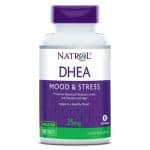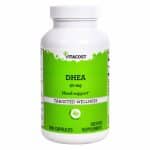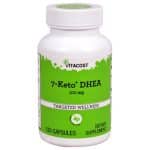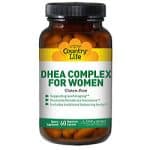DHEA has been widely studied in the context of depression. DHEA levels are reduced in major depressive disorders in adolescents and adults, and a high cortisol/DHEA ratio predicts a delay in recovery. Women who have a DHEA level too low to be measured have an increased frequency of depression. DHEA is therefore a useful remedy for treating depression.
The majority of clinical trials on the effect of DHEA on depression advocate its use for this purpose under the guidance of a specialist.
Clinical studies
- A well-conducted study by the National Institute of Mental Health found that DHEA is very effective in treating mild depression (dysthymia) that strikes people in their forties. Symptoms that were significantly alleviated were: inability to experience pleasure from normally pleasurable experiences (anhedonia), loss of energy, lack of motivation, "emotional numbness", sadness, inability to cope and worry.
- A study on taking DHEA for 3 months showed an improvement in the physical and mental well-being felt in subjects of advanced age. These results were supported by another recent study which showed that depression therapy alleviated depression in middle-aged people.
- In a 1999 study, Dr. Bloch performed a double-blind crossover study with DHEA to treat 15 patients with dysthymia (minor depression in their 40s). It found an improvement in 60% of people who took DHEA, compared to just 20% of those who took a placebo. The symptoms that improved the most were anhedonia [lack of joy in everyday life], loss of energy, lack of motivation, "emotional numbness", sadness, inability to cope and worry.
